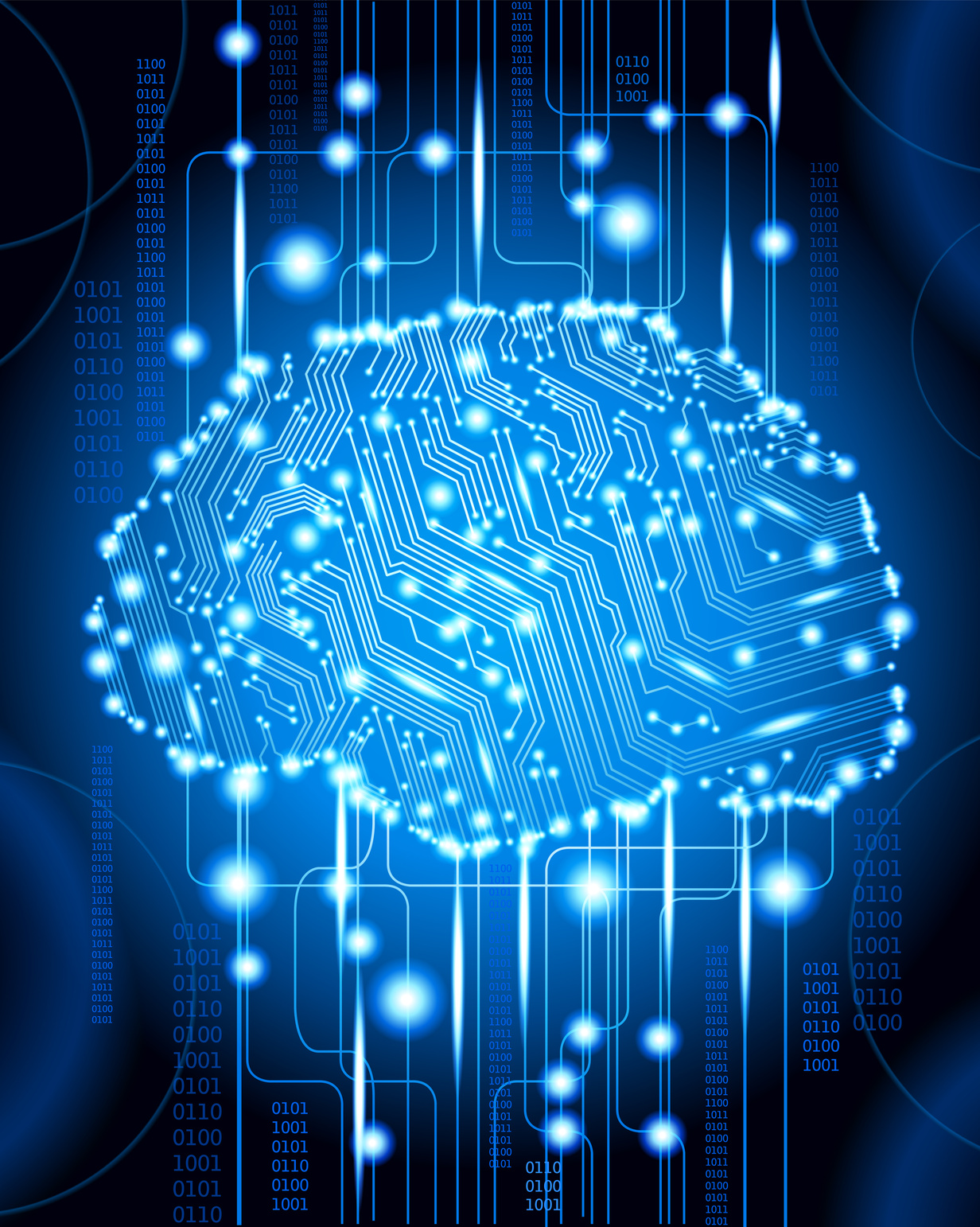BRAIN WORKSHOP: Workshop on the Research Interfaces between Brain Science and Computer Science
From the post:
Computer science and brain science share deep intellectual roots – after all, computer science sprang out Alan Turing’s musings about the brain in the spring of 1936. Today, understanding the structure and function of the human brain is one of the greatest scientific challenges of our generation. Decades of study and continued progress in our knowledge of neural function and brain architecture have led to important advances in brain science, but a comprehensive understanding of the brain still lies well beyond the horizon. How might computer science and brain science benefit from one another? Computer science, in addition to staggering advances in its core mission, has been instrumental in scientific progress in physical and social sciences. Yet among all scientific objects of study, the brain seems by far the most blatantly computational in nature, and thus presumably most conducive to algorithmic insights, and more apt to inspire computational research. Models of the brain are naturally thought of as graphs and networks; machine learning seeks inspiration in human learning; neuromorphic computing models attempt to use biological insight to solve complex problems. Conversely, the study of the brain depends crucially on interpretation of data: imaging data that reveals structure, activity data that relates to the function of individual or groups of neurons, and behavioral data that embodies the complex interaction of all of these elements.
This two-day workshop, sponsored by the Computing Community Consortium (CCC) and National Science Foundation (NSF), brings together brain researchers and computer scientists for a scientific dialogue aimed at exposing new opportunities for joint research in the many exciting facets, established and new, of the interface between the two fields. The workshop will be aimed at questions such as these:
- What are the current barriers to mapping the architecture of the brain, and how can they be overcome?
- What scale of data suffices for the discovery of “neural motifs,” and what might they look like?
- What would be required to truly have a “neuron in-silico,” and how far are we from that?
- How can we connect models across the various scales (biophysics – neural function – cortical functional units – cognition)?
- Which computational principles of brain function which can be employed to solve computational problems? What sort of platforms would support such work?
- What advances are needed in hardware and software to enable true brain-computer interfaces? What is the right “neural language” for communicating with the brain?
- How would one be able to test equivalence between a computational model and the modeled brain subsystem?
- Suppose we could map the network of billions nodes and trillions connections that is the brain, how would we infer structure?
- Can we create open-science platforms enabling computational science on enormous amounts of heterogeneous brain data (as it has happened in genomics)?
- Is there a productive algorithmic theory of the brain, which can inform our search for answers to such questions?
Plenary addresses to be live-streamed at: http://www.cra.org/ccc/visioning/visioning-activities/brain
December 4, 2014 (EST):
8:40 AM Plenary: Jack Gallant, UC Berkeley, A Big Data Approach to Functional Characterization of the Mammalian Brain
2:00 PM Plenary: Aude Oliva, MIT Time, Space and Computation: Converging Human Neuroscience and Computer Science
7:30 PM Plenary: Leslie Valiant, Harvard, Can Models of Computation in Neuroscience be Experimentally Validated?
December 5, 2014 (EST)
10:05 AM Plenary: Terrence Sejnowski, Salk Institute, Theory, Computation, Modeling and Statistics: Connecting the Dots from the BRAIN Initiative
Mark your calendars today!
